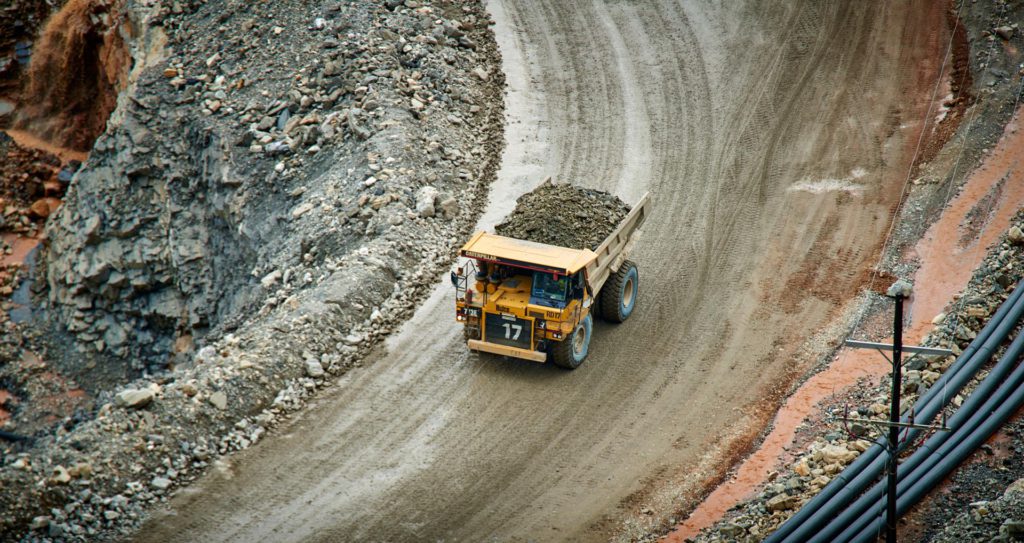US says billionaire Gertler’s royalties must go to Congo for sanctions deal

A top US official said Dan Gertler’s royalties in the Democratic Republic of Congo must go to the country’s government as part of any deal that would ease sanctions on the billionaire mining magnate accused of corruption.
Amos Hochstein, a senior White House adviser on energy and investment, said in an interview that lifting that punishment is necessary to open up the assets to new investments that support US interests and benefit Congo, and can be snapped back if needed.
“The royalties that he has should be in the hands of the government of the DRC,” said Hochstein, who’s been trying to broker a deal. “It’s an entirely absurd situation that the state is not benefiting more from their own natural resources.”
Hochstein didn’t provide specifics on how to force the transfer, but it would likely involve buying out Gertler, a move that could avoid a legal battle but has angered civil-society groups.
The US sanctioned Gertler in 2017, accusing him of using connections to then-President Joseph Kabila to siphon off more than $1 billion from Congo, a key source of minerals for the transition to green energy.
Gertler cut a deal with Congo in 2022 to give back some of his assets in exchange for help lobbying the US to lift those sanctions, but he retained royalties in the world’s biggest sources of cobalt not owned by Chinese companies.
That scenario has complicated a US push for access to critical minerals independent of China, which Washington sees as a top competitor and unreliable supplier, as Gertler’s continued presence in Congo has made western firms reluctant to invest in his assets.
It’s “very difficult to get a western company with high values to invest if they think there’s a risk of litigation, sanctions and so on,” Hochstein said.
Chinese companies own many of the best mines in the Central African nation, which is the world’s second-largest source of copper and produces about three-quarters of the world’s cobalt, used in many batteries for electric vehicles.
Gertler has never been charged with a crime and denies any wrongdoing. Freeh Sporkin & Sullivan LLP, which represents Gertler, declined to comment when reached by phone Monday.
At the heart of the controversy are royalty streams for projects owned by Eurasian Resources Group and Switzerland’s Glencore Plc, which can be worth about $100 million each year, according to calculations by Congo Is Not For Sale, a consortium of Congolese and international anti-corruption organizations.
Those groups have been critical of a US plan to allow Gertler to potentially sell those assets, alleging he obtained them through corruption and should give them back for free. Bloomberg News has previously reported that the US would ease sanctions if Gertler sells his royalties, exits Congo and submits to audits of his businesses.
“If an arrangement can be reached that continues to punish him, that doesn’t trust him, that opens the door for the kinds of investment we would like to see in DRC,” then the US is open to a deal that would include monitoring of Gertler’s businesses and allow a re-imposition of sanctions “if we need to,” Hochstein said.
“We have to make sure that the sanctions on Gertler are not becoming a punishment for DRC and against the overall interests of enhancing good actors from investing,” he said.
Gertler is from one of Israel’s most prominent diamond families and has connections at the highest levels of the country’s government. His sanctions were briefly lifted under President Donald Trump’s administration in January 2020, when both men were using Alan Dershowitz as a lawyer. President Joe Biden reinstated the sanctions shortly after taking power.
Congo remains one of the poorest countries in the world, presenting a further obstacle to any deal that would require the government to buy Gertler’s royalty streams.
“This is a complicated conversation that’s been going on for more than 18 months,” Hochstein said. “I cannot tell you if it’s going to happen or not, if anything’s going to happen. Our demands are pretty steep and so there are ongoing discussions.”
(By Peter Martin and Michael J. Kavanagh)
{{ commodity.name }}
{{ post.title }}
{{ post.date }}




Comments